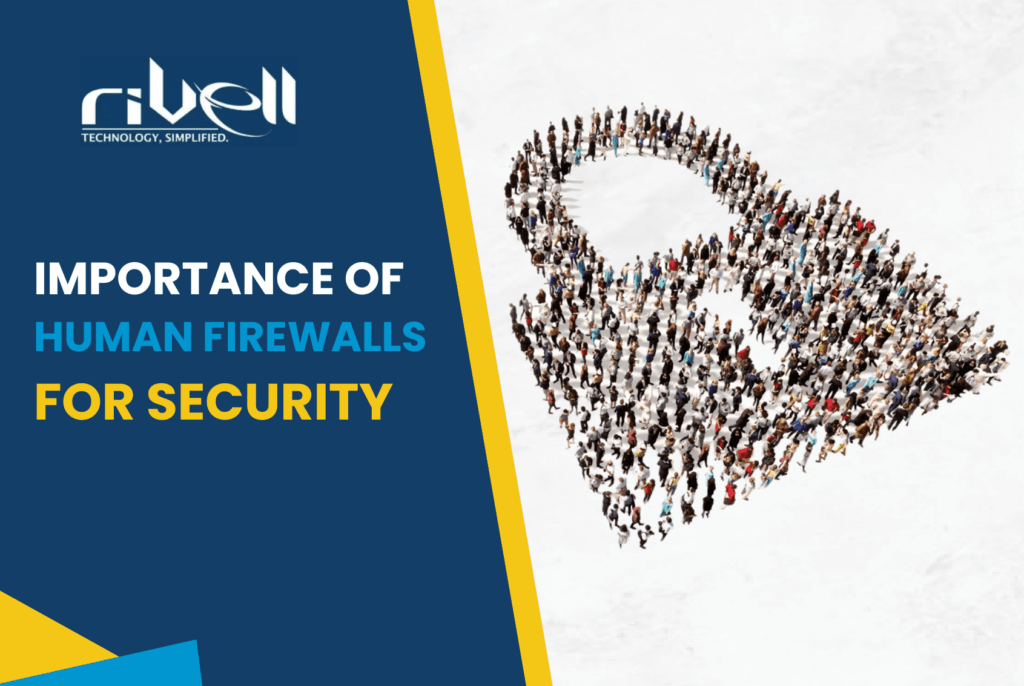Importance of Human Firewalls for Security
In today’s interconnected digital landscape, where the volume and sophistication of cyber threats continue to grow, cybersecurity has emerged as […]
In today’s interconnected digital landscape, where the volume and sophistication of cyber threats continue to grow, cybersecurity has emerged as […]

This website uses cookies to improve your experience. We'll assume you're ok with this, but you can opt-out if you wish. Read More
You may opt out by using the link Do Not Sell My Personal Information
